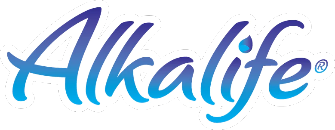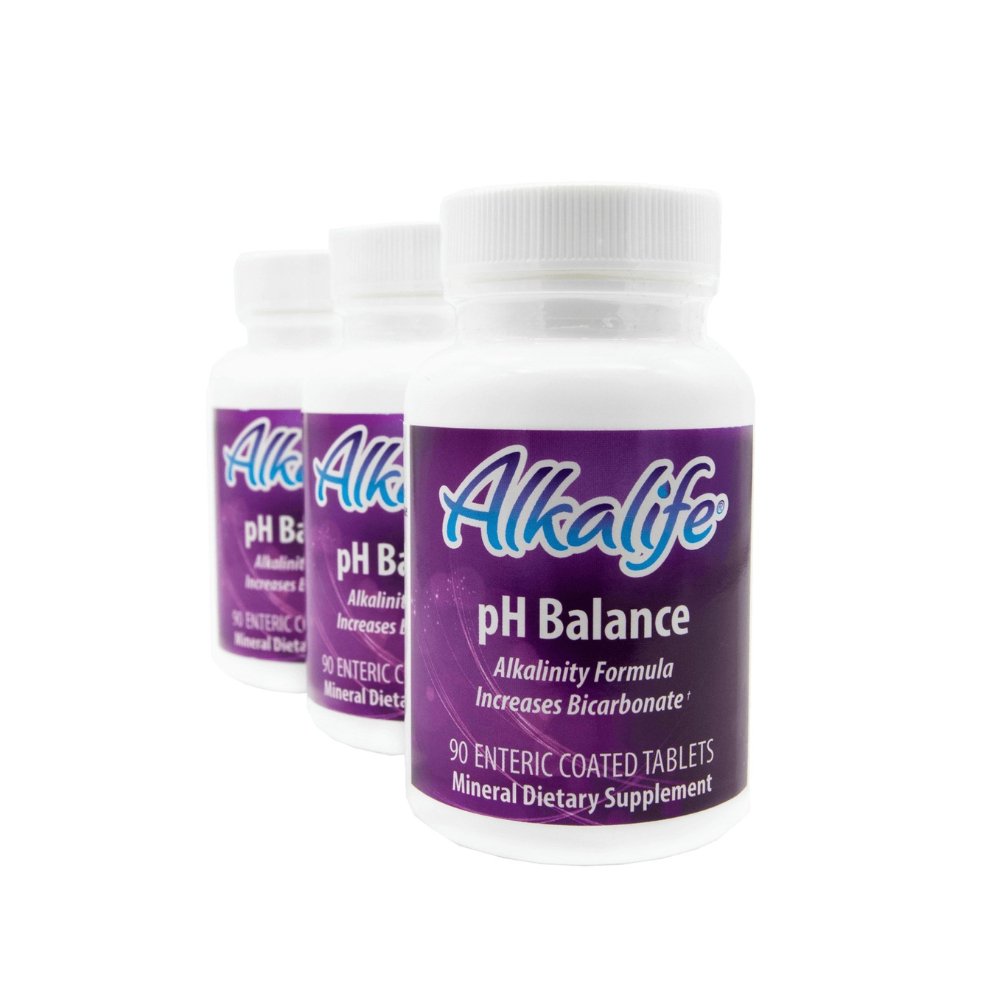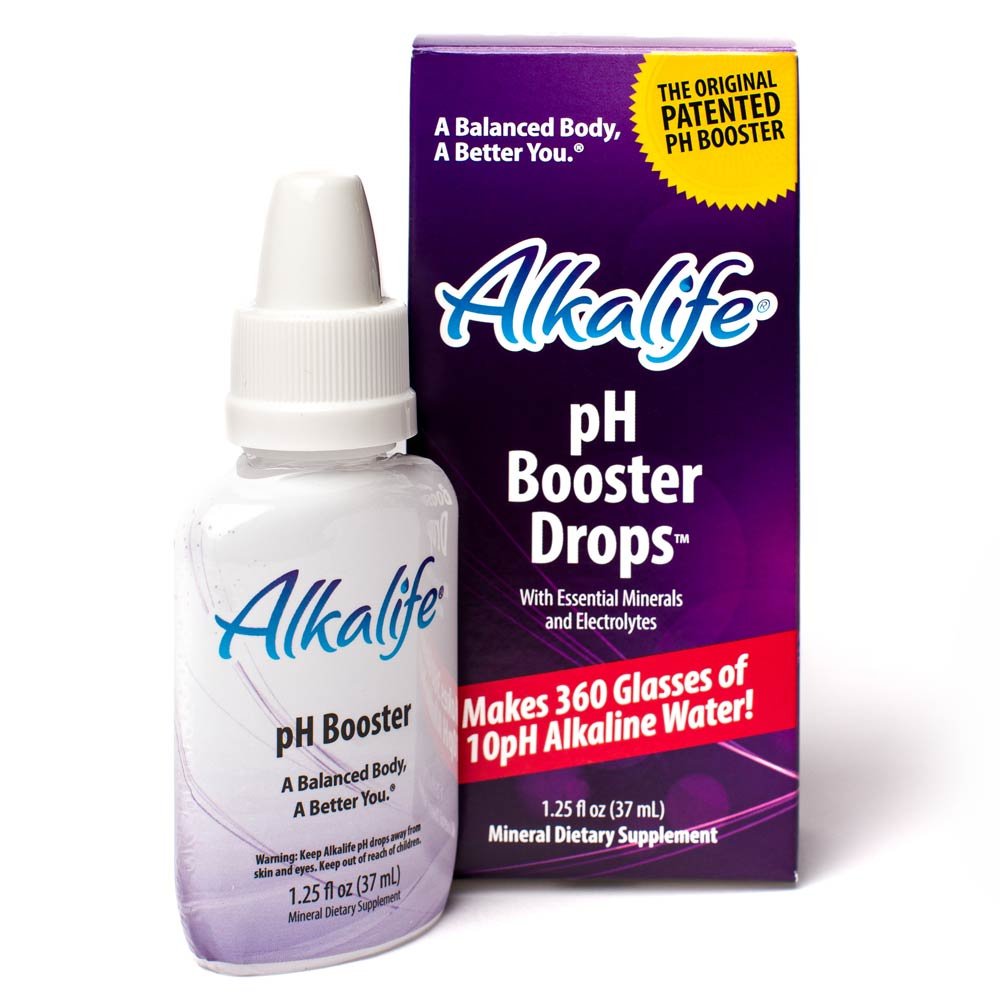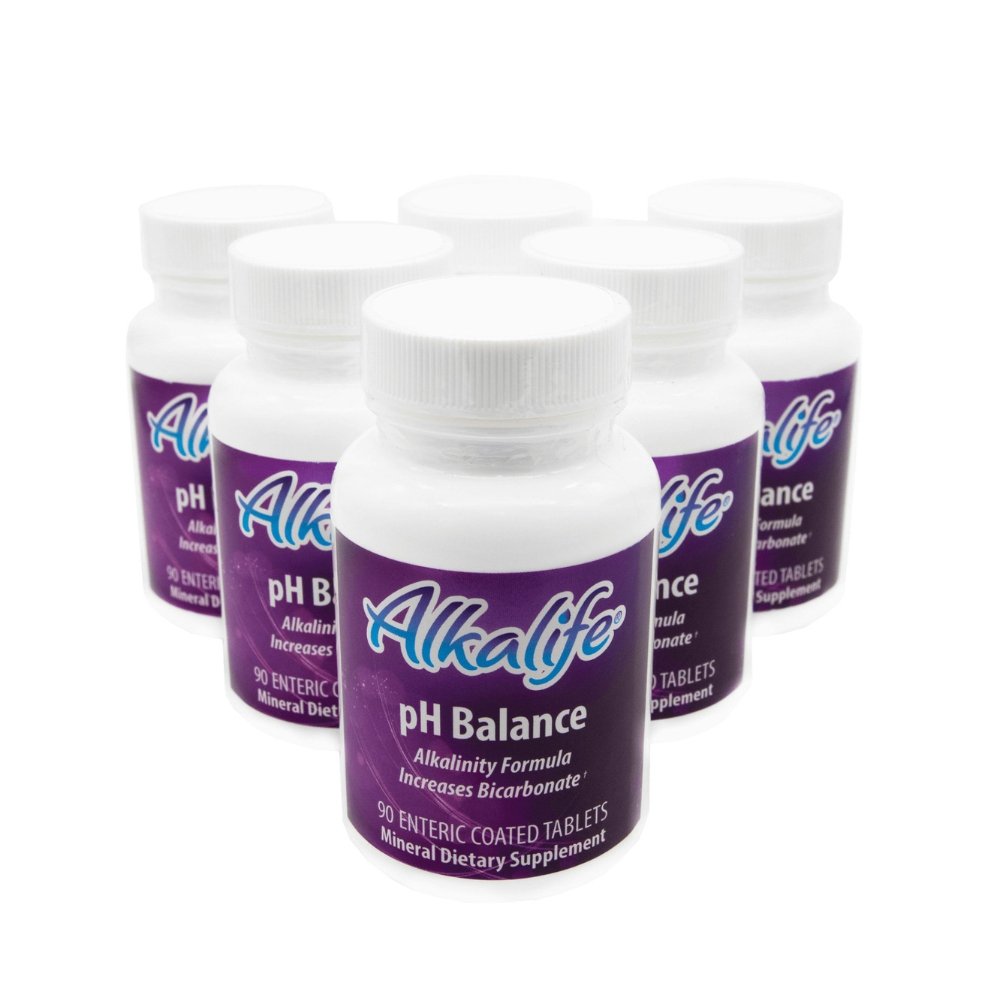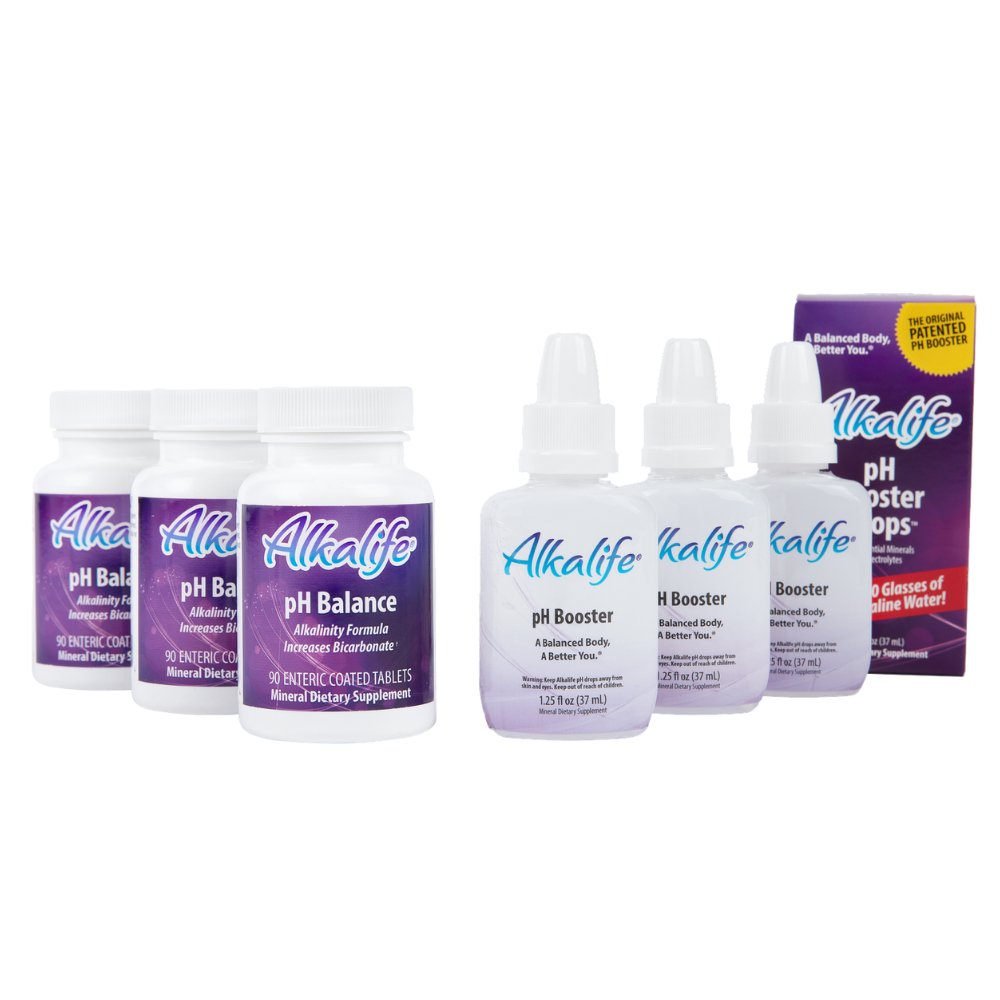ITS EASY TO USE YOUR FSA ACCOUNT WITH ALKALIFE
Alklaife has partnered with Truemed to allow you to use your Health Savings Account (HSA) or Flexible Spending Account (FSA). This means you may be eligible to buy your favorite Hydrant products with pre-tax dollars, resulting in net savings of 30-40%.
HSAs and FSAs were created for you to spend tax-advantaged dollars on products and services that can treat or prevent medical conditions and TrueMed is making it easy to do just that. All you have to do is add products to your cart, select TrueMed as your payment option at checkout, enter your HSA or FSA debit card, and take a quick health survey to determine eligibility.
The Truemed payment option determines eligibility and enables qualified customers to pay with their HSA/FSA funds in checkout.
Once you’re approved, that’s it! You’ll receive an order confirmation and effectively save 30-40% on your order!
More details:
Truemed is for patients for whom the selected product has been proven to prevent or reverse a condition you care about. An asynchronous health survey will determine eligibility and take qualified patients to payment.
If you pay with your HSA/FSA card, there's no other work you need to do (we'll send paperwork to ensure compliance). If you pay with your personal credit card, we'll send reimbursement instructions.
FAQ
-
Truemed partners with health and wellness brands to enable qualified customers to use HSA/FSA funds on health and wellness purchases. Truemed partners with a network of individual licensed providers who can issue Letters of Medical Necessity to qualifying customers, thereby saving customers money on health and wellness purchases.
Truemed is backed by best-in-class investors, including functional medicine pioneer Mark Hyman and founders from Thrive Market, Eight Sleep and Levels.
-
Provide the answer to the question here.
HSA/FSA accounts were created so individuals could use pretax money to pay for expenses incurred in the prevention or alleviation of a disease. Because HSA/FSA uses tax-free money, you’re getting more purchasing power for your dollars. Rather than pay taxes on income and then spend it on health items, qualified customers can use pre-tax funds to invest in their health.An individual can contribute up to $4,150 pretax to their HSA per year, or $8,300 for a family (plus an additional $1000 if you are 55+). Individuals can contribute up to $3,200 pretax to their FSA per year (with an additional $500 in employer contributions allowed). Almost every qualified individual will save between $1,000 and $2,000, depending on their state and tax rate. Use a calculator here to estimate your savings. -
Provide the answer to the question here.
-
Using your HSA/FSA funds on eligible products can result in significant savings. These accounts use pre-tax dollars, which means, if qualified by an independent licensed provider, you could save up to 30-40% on average on your purchases at Truemed’s partner brands to prevent or reverse a specific condition.
-
Unfortunately, Truemed’s services are for individuals who have HSA or FSA accounts (or plan to fund one during open enrollment). We encourage you to ask your employer about information on your HSA or FSA!
-
The items in your Truemed Letter of Medical Necessity (“LMN”) are now qualified health expenses in the same way a visit to the doctor’s office or pharmaceutical product is.
We are facing a chronic disease in the US. There are thousands of studies showing food and exercise is often the best medicine to prevent and reverse disease. Exercise qualifies as a qualified health expense with an LMN. Supplements and other wellness purchases qualify as health expenses if they treat or prevent a specific illness, and a licensed provider substantiates the need.
You have our guarantee that Truemed will pay the full amount you should have saved if any HSA/FSA purchase outlined in our LMNs is rejected. Please email support@truemed.com if you have any questions or need assistance.
-
Health Savings Accounts (HSA) and Flexible Spending Accounts (FSA) are tax-free accounts that can be used to pay for qualified health expenses. These accounts are usually set up and managed by an HSA or FSA administrator, and you should have access to said HSA/FSA administrator through your employer (ask your HR department!).
HSAs are typically associated with a high-deductible health plan, and funds do not expire. FSAs are independent of your health plan, and funds elections occur in October-November each year for the following calendar year. FSA funds expire every calendar year.
Further key differences between an HSA and an FSA account, as outlined by Optum (a leading HSA/FSA administrator) in this article.
Unfortunately, HSAs and FSAs are not available outside of the US, and self-employed individuals (who do not have an HSA from a previous employment) do not qualify for HSAs or FSAs.
-
You can attempt to use your HSA card, but your FSA card will likely not transact successfully. In either case, it is imperative that you complete the Truemed intake survey and acquire a Letter of Medical Necessity in order for your purchase to be compliant and eligible for purchasing with your HSA or FSA funds. We strongly encourage simply transacting with your normal credit or debit card, and submitting for reimbursement as outlined above for the greatest likelihood of success.
-
For most FSA/HSA administrators, your expenses will be approved within days when you submit it with your Truemed Letter of Medical Necessity. The exact timing will vary based on your administrator.
-
Yes. You can still submit for partial reimbursement. For example: if you purchase an eligible item for $100 but only have $60 in your account, you can reimburse $60 of your purchase with your tax-free funds (with the remaining $40 paid for as normal).
-
Truemed offers a reimbursement guarantee for purchases with official Truemed merchant partners. As long as you have funds in your HSA or FSA account, Truemed team will work with you to ensure that your purchase is reimbursed in full.
-
Truemed offers a reimbursement guarantee for purchases with official Truemed merchant partners. As long as you have funds in your HSA or FSA account, Truemed team will work with you to ensure that your purchase is reimbursed in full.
-
While the exact policy depends on your specific HSA or FSA administrator, we generally advise that you submit expenses incurred on or after the date listed on your Letter of Medical Necessity.
-
While the exact policy depends on your specific HSA or FSA administrator, we generally advise that you submit expenses incurred on or after the date listed on your Letter of Medical Necessity.
-
If you have already received an LMN for purchases with a partner brand, as long as your LMN is still valid (ie. within 12 months of issuance), you do not need to complete the survey again.
-
If you have already received an LMN for purchases with a partner brand, as long as your LMN is still valid (ie. within 12 months of issuance), you do not need to complete the survey again.
-
There is no cost to you, as long as you are shopping with a Truemed partner merchant.
-
There is no cost to you, as long as you are shopping with a Truemed partner merchant.
-
For most Americans, open enrollment is in the last four months of the year. Simply elect to increase contributions to your HSA or FSA during this time and you can begin shopping with Truemed merchant partners. Starting on January 1st, qualified individuals will be able to spend their entire HSA amount on products that our independent provider partners determine to be effective intervention to prevent/reverse specific health conditions. This money will be pulled from your paycheck by your HSA administrator (tax free) in equal installments through the year.
-
For most Americans, open enrollment is in the last four months of the year. Simply elect to increase contributions to your HSA or FSA during this time and you can begin shopping with Truemed merchant partners. Starting on January 1st, qualified individuals will be able to spend their entire HSA amount on products that our independent provider partners determine to be effective intervention to prevent/reverse specific health conditions. This money will be pulled from your paycheck by your HSA administrator (tax free) in equal installments through the year.
-
Sales tax is still charged and eligible to be paid by FSAs and HSAs. More informationhere.
-
Sales tax is still charged and eligible to be paid by FSAs and HSAs. More informationhere.
-
An HSA (Health Savings Account) and FSA (Flexible Spending Account) are tax-advantaged accounts that allow individuals to set aside money to pay for qualified health and medical expenses. These accounts are typically offered through employers. If you're unsure whether you have an HSA or FSA, you can check with your employer's HR department or your benefits administrator.
-
An HSA (Health Savings Account) and FSA (Flexible Spending Account) are tax-advantaged accounts that allow individuals to set aside money to pay for qualified health and medical expenses. These accounts are typically offered through employers. If you're unsure whether you have an HSA or FSA, you can check with your employer's HR department or your benefits administrator.
